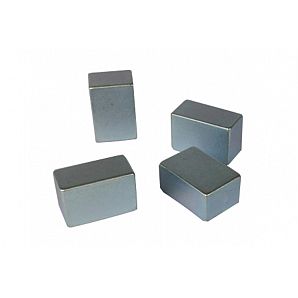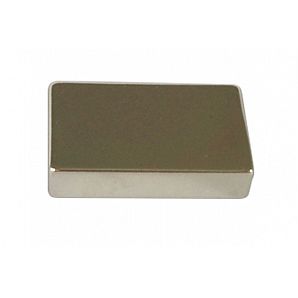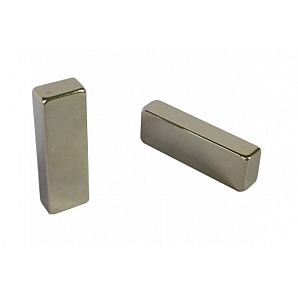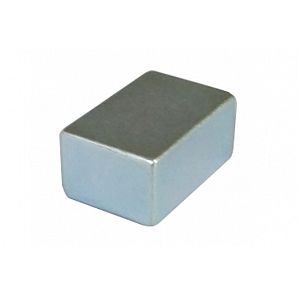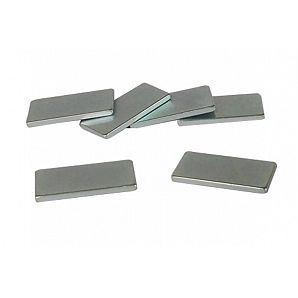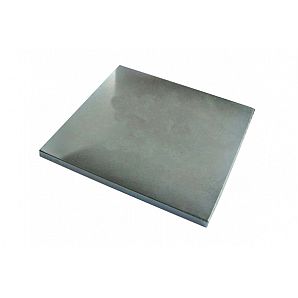Recently, foreign media reported that the United States intends to increase the production of rare earth magnets for military weapons by developing and purchasing equipment. Meanwhile, it is also looking for better ways to purchase them. Why does the United States have this wave of operations? According to the analysis of foreign experts, there are six main reasons.
First, rare earth magnets are indispensable materials for the manufacture of many military weapons.
A study reported that at least 36 weapons in the United States used rare earth high-energy magnets imported from China, including F-35 Lightning II fighter, F-22 Raptor fighter, DDG-51 destroyer, Bradley armored vehicle and AIM-9X rattlesnake missile. This means that if the United States does not have enough stockpiles of rare earth magnets, national defense will be affected.
Secondly, the consumption of rare earth in the United States, including rare earth magnets, is highly dependent on China.
More than 90% of the world's supply of rare earth permanent magnets comes from China, and the United States also needs to import nearly 70% of rare earth magnets from China. For example, a Citigroup report showed that China's magnet exports last year amounted to $1.7 billion, of which $257 million came from China, out of a total US import of about $395 million.
Third, the United States does not have sufficient capacity to manufacture rare earth permanent magnets at present.
A rare earth permanent magnet, Samarium Cobalt Rare Earth Permanent Magnet, which can be used to manufacture precision guided missiles, smart bombs and military aircraft, is high temperature and corrosion resistant. It is not available in China in the United States.
Fourth, at present, China's rare earth processing capacity equals 5 times that of other parts of the world combined.
This means that it will take at least a few years to build a processing plant that is comparable to China's rare earth production capacity. Although Japan and Germany are major magnet factories outside China, they also rely on imports of rare earth from China. Citigroup analysts also pointed out that although there are rare earth mines outside China, processing can not be separated from China. Outside China, there are about 41,400 tons of rare earth minerals associated with China for every 50,000 tons of rare earth minerals. For some specific rare earth elements, this proportion is even greater. At present, for example, there is no considerable separation capacity outside China to separate dysprosium, a heavy rare earth element used in magnets.
Fifth, MP Materials, the only rare earth enterprise in the United States, has a Chinese background.
Shenghe Resources of A-share listed companies is the shareholder of MP materials, with a share-holding ratio of 9.99%. The point is that even rare earths mined by MP Materials from the Montepass mine in California will be sent to China for processing.
Sixth, there are reasons for concern.
Based on the above points, that is, the lifeline of rare earth magnets is not in their own hands, the United States is worried that "if China restricts the export of rare earth magnets", some special industries in the United States may fall into the plight of supply disruption.
In fact, it is inappropriate for China to restrict the export of rare earth magnets. Last year, the United States also banned DoD from buying rare earth magnets from China. Fortunately, the impact on China's rare earth industry is limited. Why, the painting style has changed dramatically this year! In this regard, this year, we are still very generous: as the world's largest supplier of rare earth materials, China has been adhering to the principle of openness, coordination and sharing to promote the development of rare earth industry. On the basis of serving domestic needs, we are willing to meet the legitimate needs of rare earth resources of all countries in the world. However, it is unacceptable for any country to use the products made by rare earth exports from China to curb and suppress China's development.

